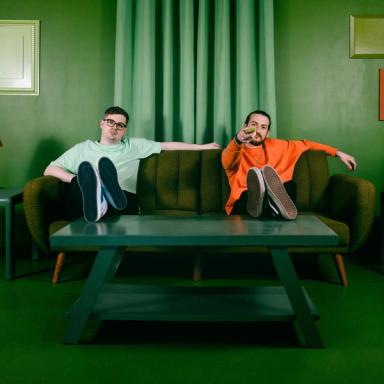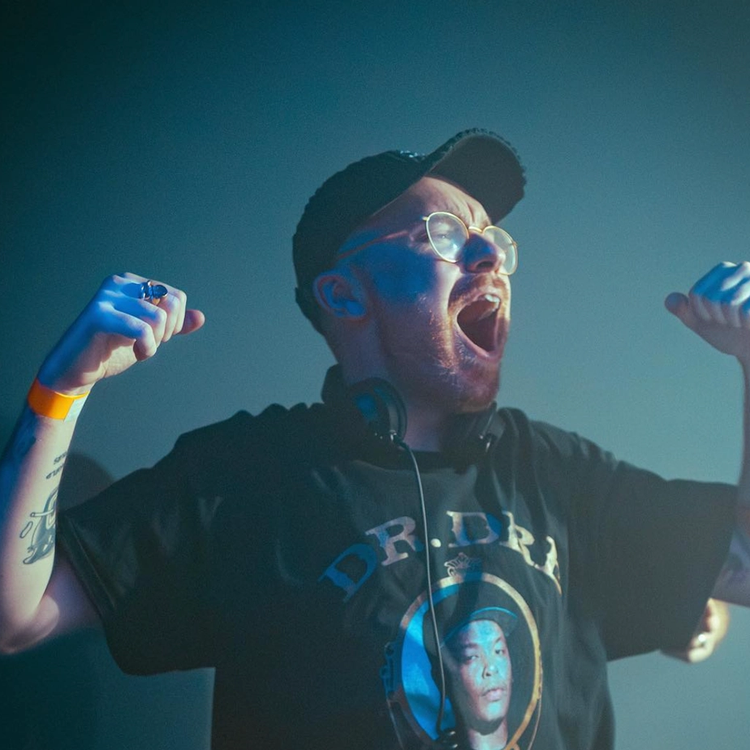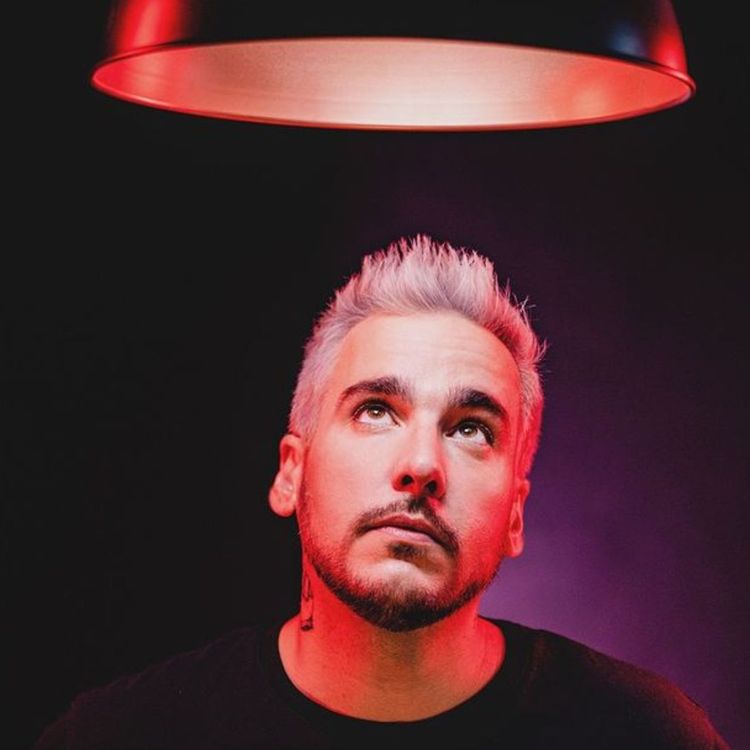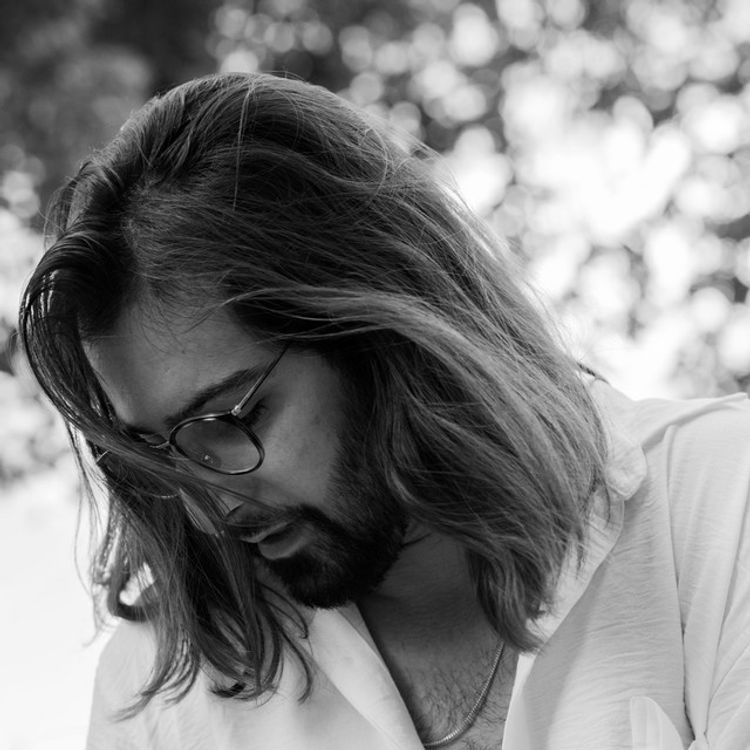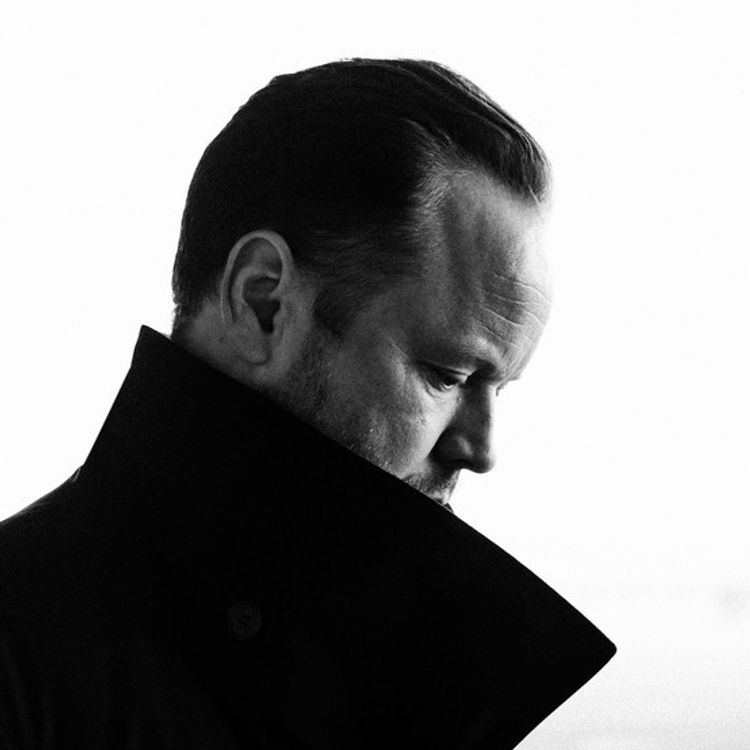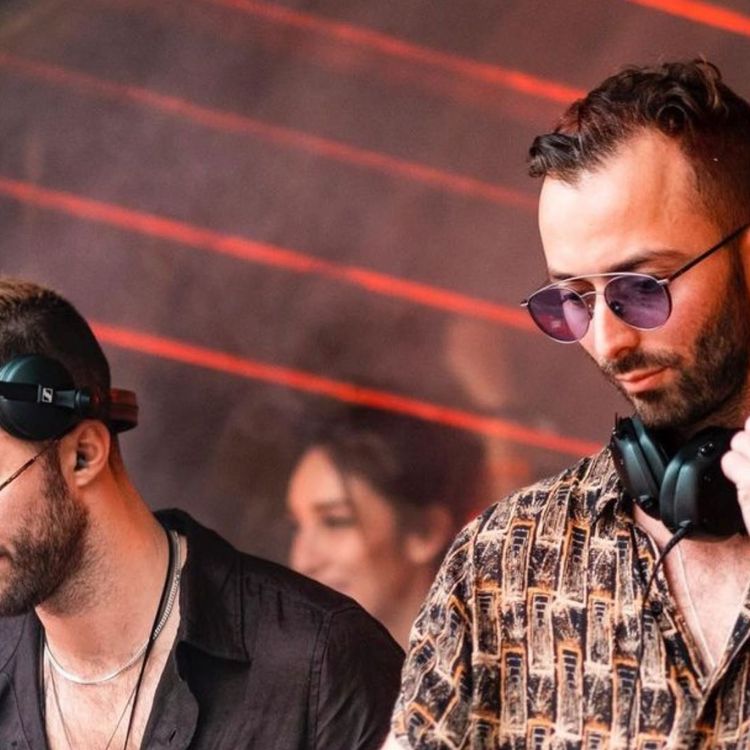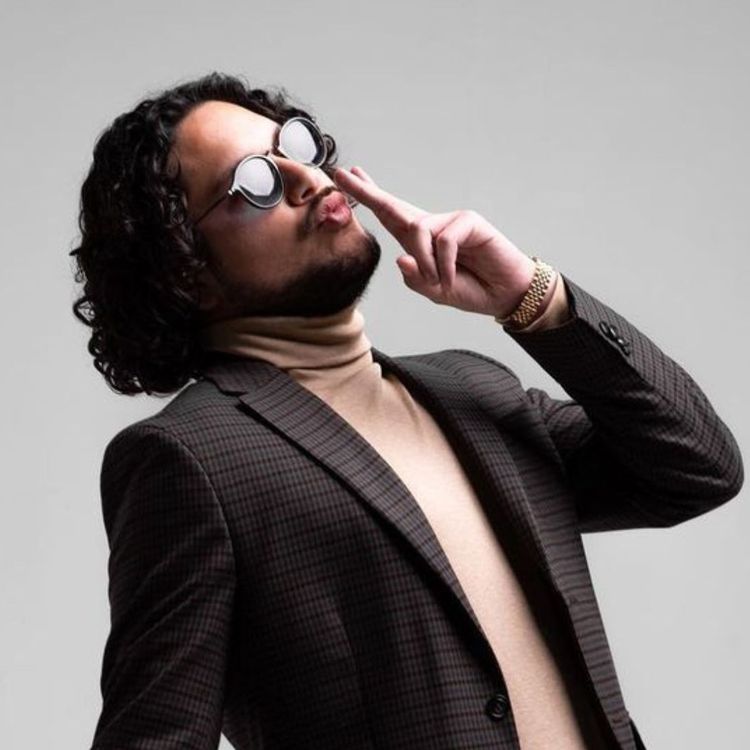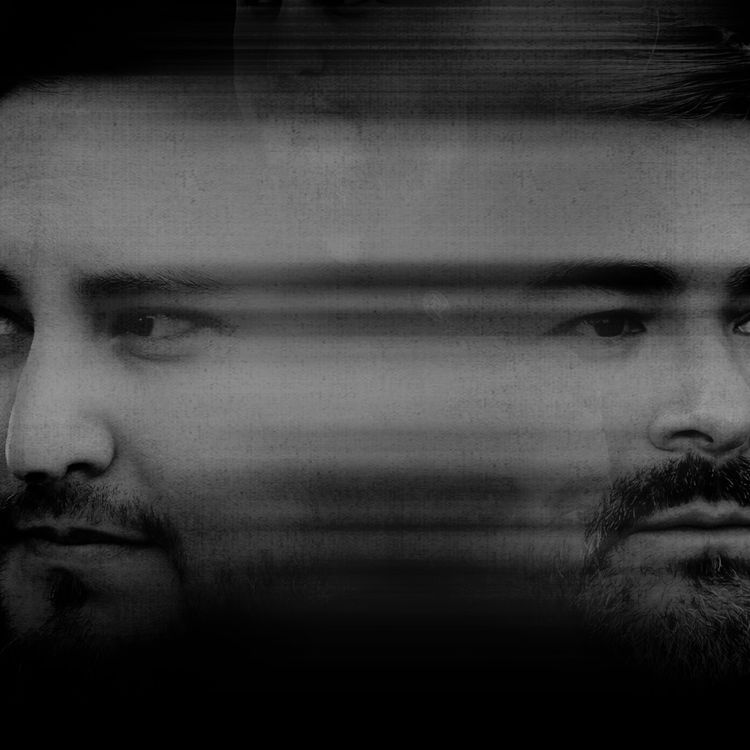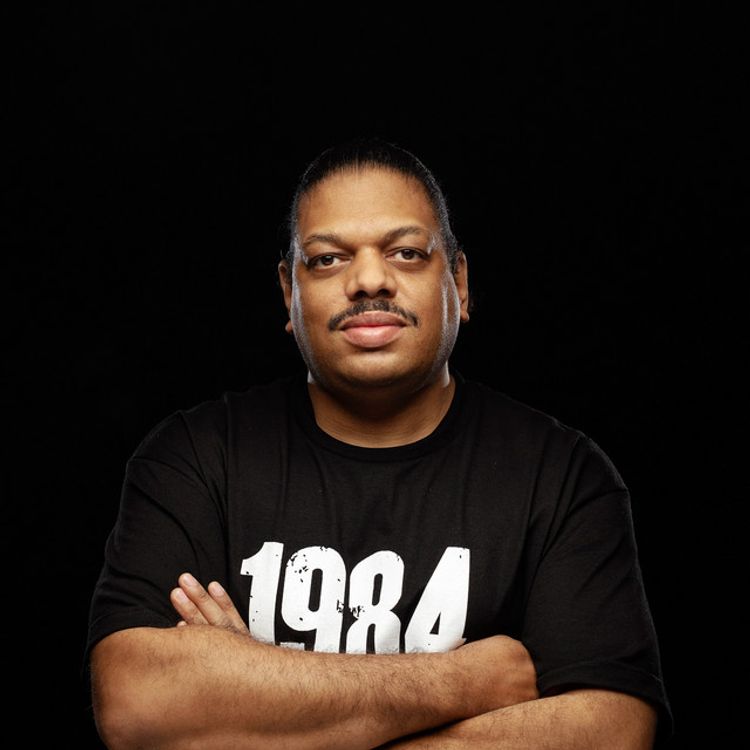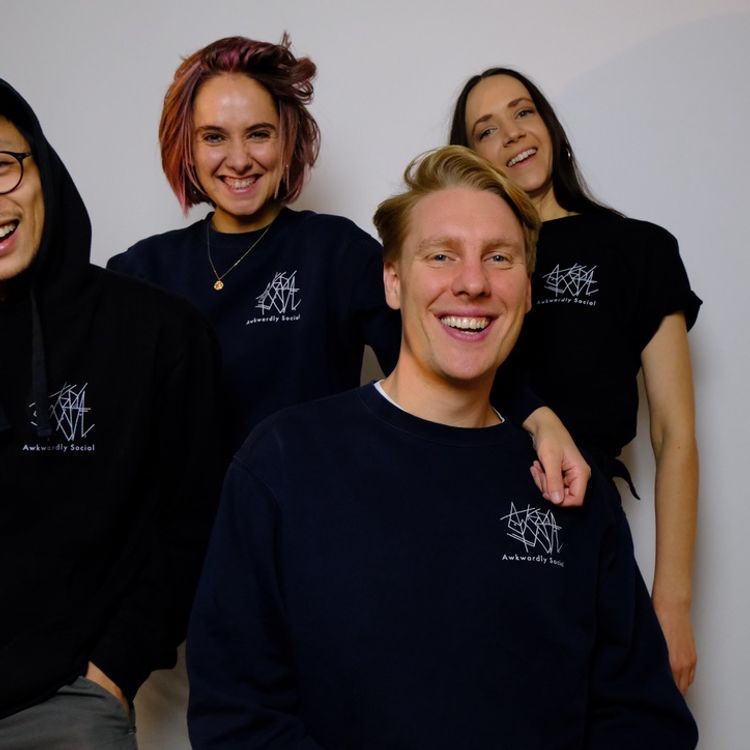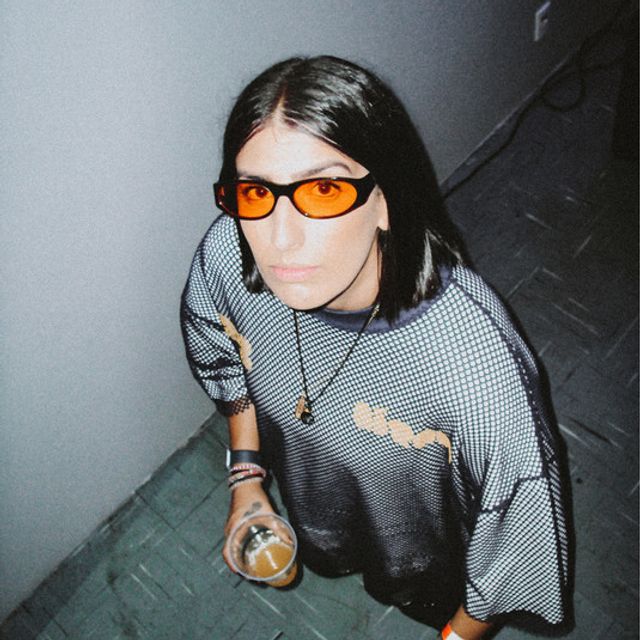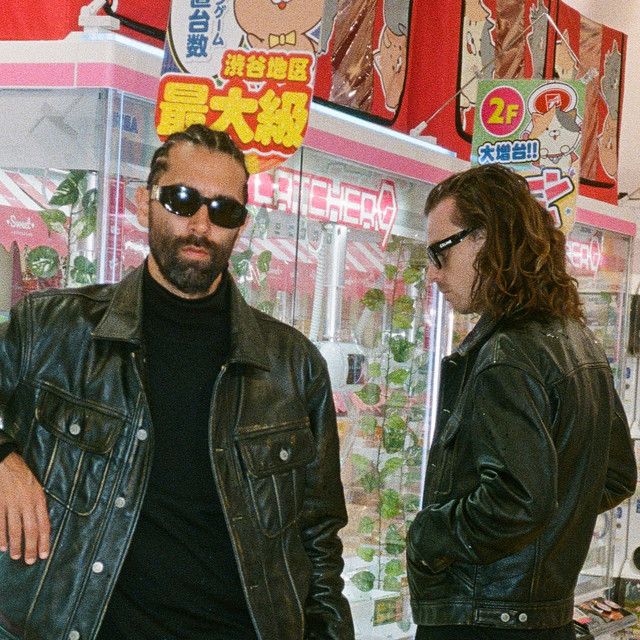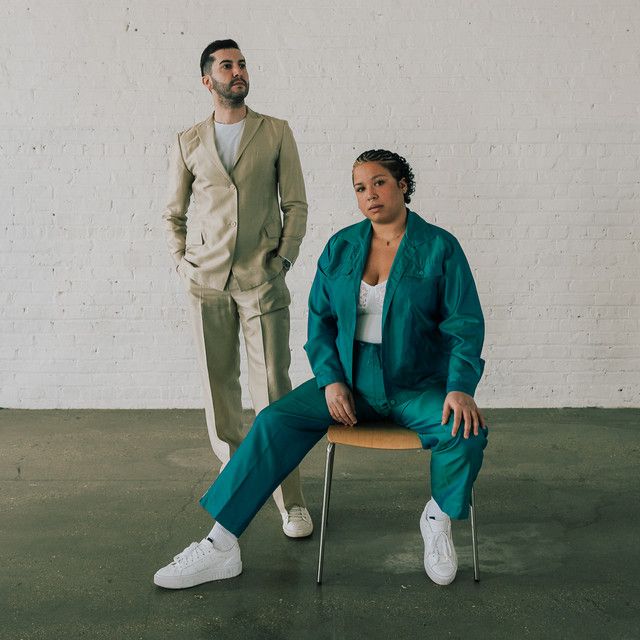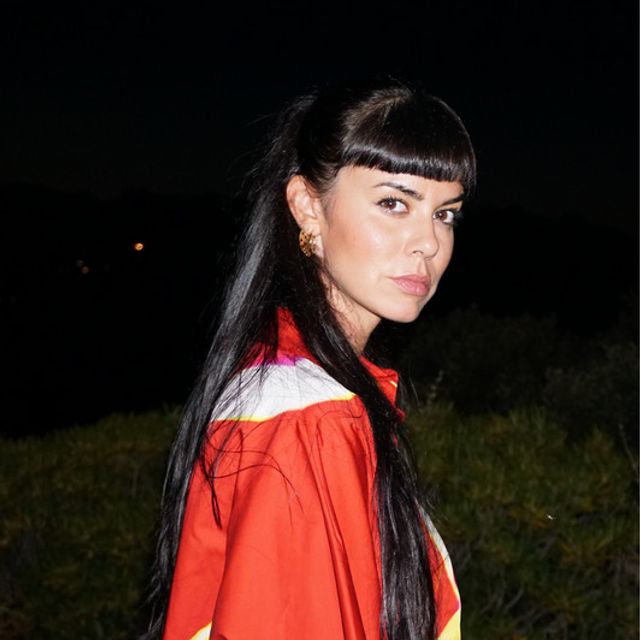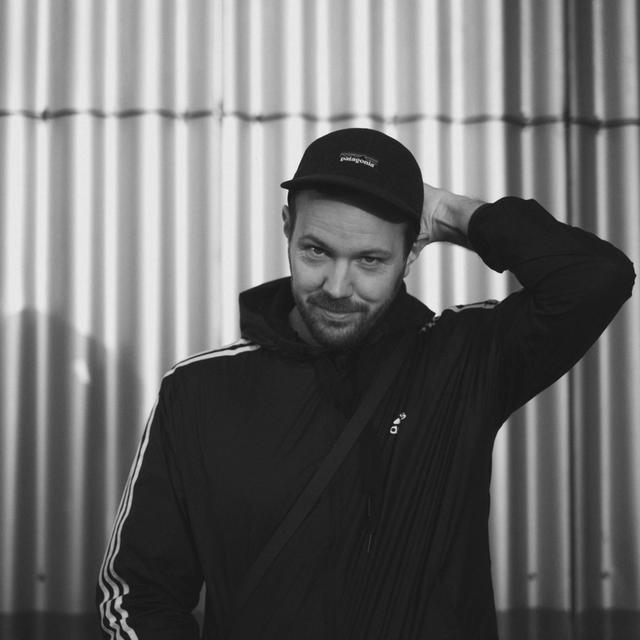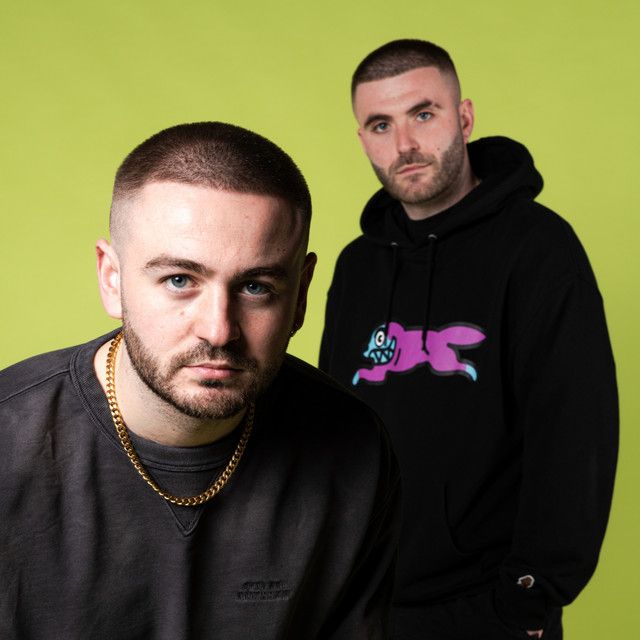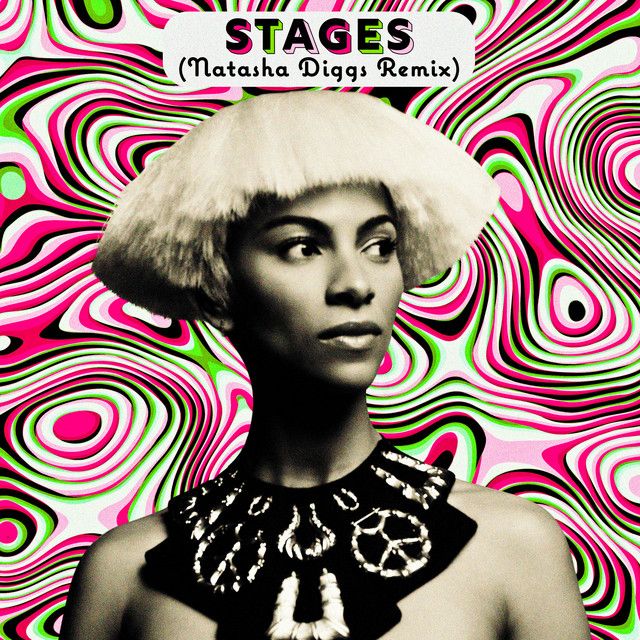Artist Spotlight
Purveyors of bottom-heavy tech-house Truth x Lies have been serving up their wonky body-moving beats for nearly a decade. The duo, Ian Bertles and Ryan Howard, first got their start in New York City as local promoters spinning at their own events. From 2012-2014, they were producing across the genre spectrum and cramming their friends and fans into any venue they could find.
When they decided to break off and focus on house music, the journey was a slow burn. They secured as many gigs locally as they could, but their true breakthrough came after winning the Insomniac Discovery Project in 2017. As they realized that their dreams were slowly becoming a reality, they decided to begin turning down gigs in NYC to focus on producing music and shaking the label of local DJs.
After years of perseverance, they are finally coming into the national spotlight, getting booked at festivals all over the country, and gaining recognition for a sound that is patently their own.
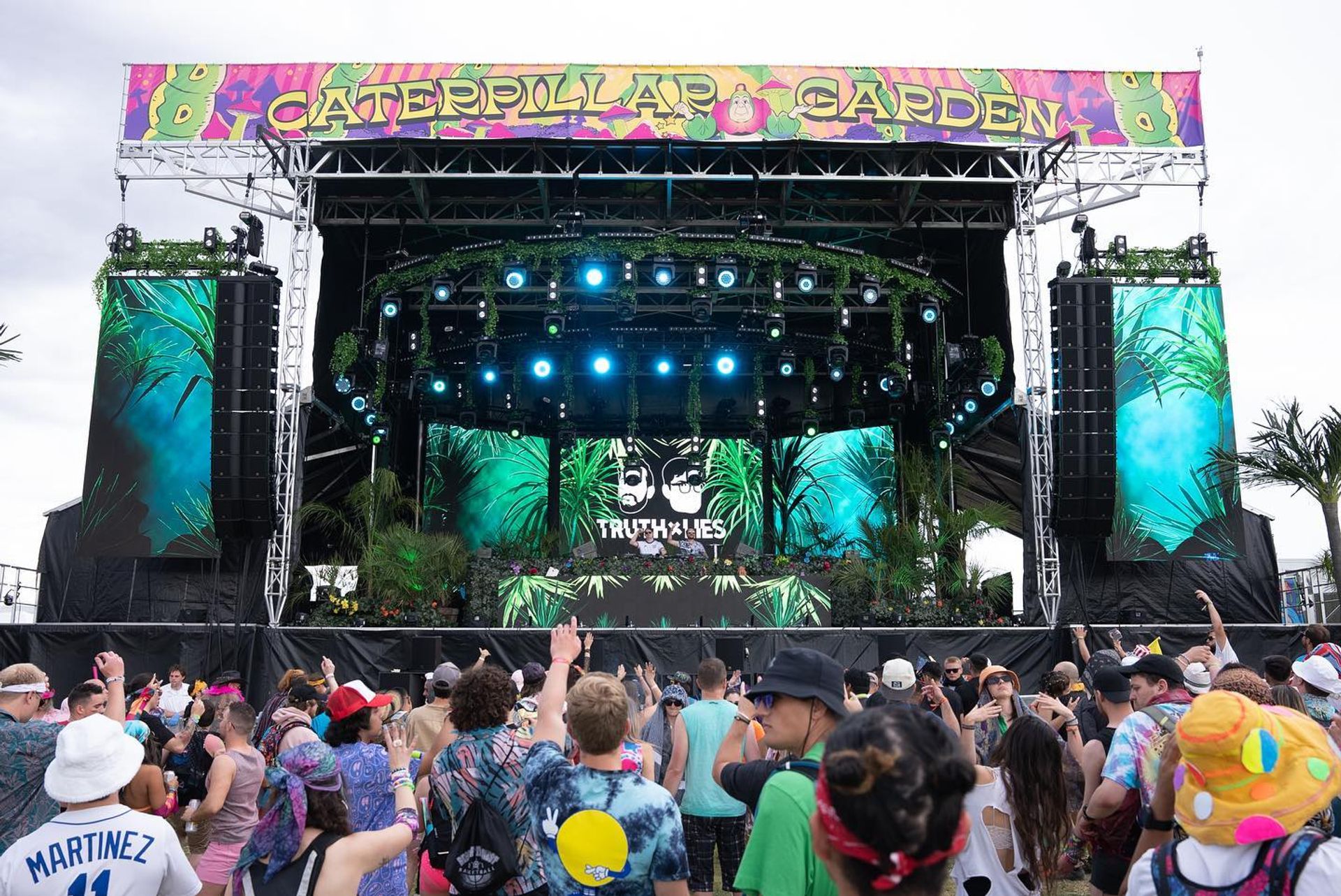
With any duo, we always have to ask about the origin story. So how did the two of you first meet, and what led to creating this project?
In 2012, Ryan and I started throwing events together in downtown Manhattan with a mutual friend. At the time, we were making Moombahton and Latin trap music under the name Tres Leches. Eventually, Ryan and I split off and started making house music in 2014 or 2015. We wanted to find a name that represented the duality in our backgrounds but also something easily brandable. Thus Truth x Lies was born.
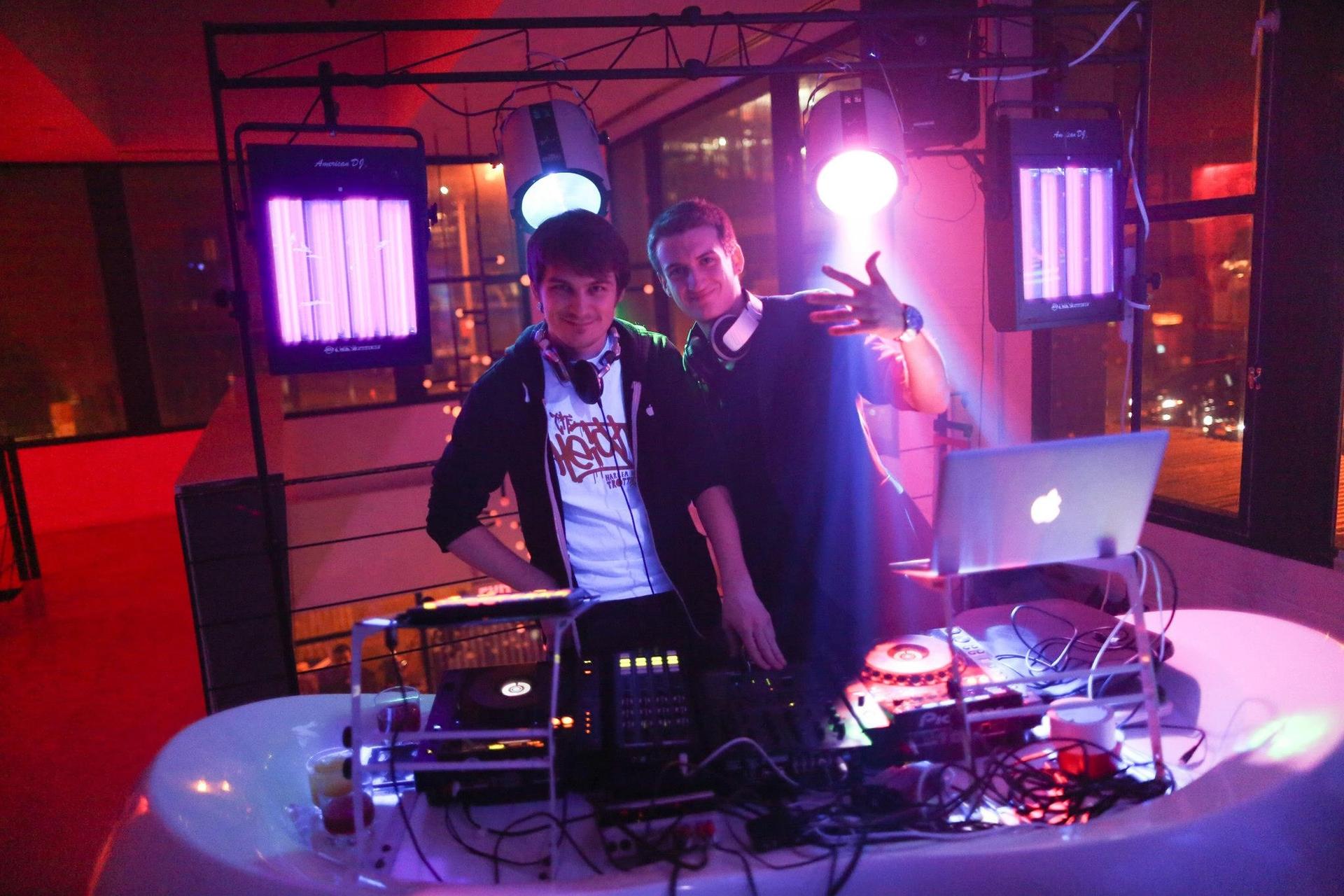
Truth x Lies at their first gig i New York
Your first big breakthrough came with the Insomniac Discovery Project. Although you had earlier success on Hypemachine and Soundcloud, this was a proper sign-off, especially given how many artists submit. Did it feel like things changed for you guys after this, and when you submitted “Controlled,” did you have a sense it was an exceptional track?
At the time, we had yet to put out a single original track, so our modest success before the Discovery Project was based on our remixes and bootlegs. Our first ever single, “City Lights,” was the track we submitted to Discovery Project, which was selected as the winner. It absolutely changed everything for us. The first original we ever wrote brought us to a major music festival, so from that point, it really started to feel like this was something we should get serious about. “Controlled” was our follow-up release on the Discovery Project imprint following the festival. We have a lot of love for Insomniac, and as a matter of fact, we recently had the chance to play EDC Las Vegas 2022.
You started the project in 2014. As an NYC native, I know how competitive and rewarding the scene can be. You also have been around long enough to witness dramatic changes in the electronic music scene in New York. What were those early days like just trying to get gigs and get your name out there? Any memorable nights?
Oh, man. The city has changed so much just in the last decade. But yes, there were so many memorable nights that all contributed to our path. Watching Louie Vega, Francois K, and Sleepy & Boo play at Cielo (with free entry and free open bar from 10-11) was a formative part of our growth to become house music artists.
I have so many good memories from back in the day when we used to throw body paint parties at a grimy little dive bar in the West Village. After one party, the owner of the bar called us and asked us to come back and help them clean. We ended up having to mop paint off of the ceilings. Good times.
Honestly, I still feel like we are in the hustle to get our name out there. There is no doubt we have made some moves. For YEARS we took any gig we could, both for free or $50. Then, about a year before COVID, we got serious about writing music, and we decided that we weren’t going to play shows as local DJs anymore, so we ended up not taking any more shows in the city for a long while. In many ways, we had to take that hiatus to level up and become a touring act rather than a local one.
Do you feel NYC has changed for the better, or has it become more commercialized?
Overall, I think there was absolutely a wave of commercialization. It really hurt to watch house music take a huge hit in Manhattan with the closure of Webster Hall and Cielo. I don’t think it’s any fault of the music scene. It’s hard to be a small underground club when your rent is $200,000 per month. Thankfully Brooklyn has picked up the torch, and although I deeply miss Output, Brooklyn Mirage is amazing. There are a ton of other post-COVID places opening up, along with all the fan favorites that have survived, like Schimanski and Elsewhere. House Music will never die in New York. There are too many househeads, and you better believe we’ll find a way to get our fix.
How did you fall in love with dance music?
Ian: I got into dance music pretty late. I had some trance and house music in my iTunes for a while, but it was never something that I listened to religiously or went to events for. Then, around 2011, a buddy of mine showed me “Scary Monsters & Nice Sprites,” and it blew my mind. After that, I got pretty deeply into EDM before eventually finding my way to House in 2015.
Ryan: I was introduced to electronic music through a college friend when he showed me Justice back in 2007. I was in school studying classical music, and it was totally different than anything I had heard. Once I moved to New York, I started going to shows (there weren’t any shows in Louisiana when I was in school), and I won tickets to the first Electric Zoo in 2009. From there, I was hooked.
As with any electronic music producer, your knowledge of your DAW of choice continuously improves. Are there any pieces of hardware or plugins that you find yourself going back to time and again?
Ableton is our baby. We definitely have some workhorse plugins too. I will start by saying that we absolutely love Ableton stock plugins, and you will find a bunch of those on every one of our chains. Other workhorses include VolumeShaper, SoundToys, UAD plugins, and FabFilter. We tend to gravitate toward Sylenth, Serum, Arturia, Monark, and Diva for synthesis purposes.
Although veteran producers can whip up a track in a matter of hours, it can be a daunting experience for newcomers to even look at a DAW and try to understand how to make it work for them. Do you have any advice for up-and-comers on how to maximize their time learning the software?
If you have the time and money, going to a production school like Icon is not a bad move. Most people don’t have that sort of time and money as adults, so the best move would be to teach yourself using the available tutorials on Youtube. There are plenty of artists that have incredible tutorial series. Reid Stefan, Zen World, and Westend all create tutorial videos fairly regularly. We have also released a couple of tutorials if you want to check those out.
The most important thing is being dedicated and finding the time to practice your art. Hard work ethic is more important than natural talent. No matter what, you will still have to put the time toward making progress.

At the end of 2021, you had the opportunity to remix Zhu. How did you connect with him, and what did it mean to you to get that opportunity?
Man, that was such a trip getting that email. Zhu has always been a massive inspiration for us, and GenerationWhy is one of the greatest dance albums of all time, in my humble opinion. Their team reached out to us and said that Zhu was digging our music and that they were looking for a remix, so that kind of blew our minds. When Zhu asks for a remix, you give him one. After we turned it in, he sent us a DM on Instagram saying, “that shit is groovy,” so that felt good.
From a production standpoint, how did you decide which elements of the original to keep versus giving your unique spin to it?
Honestly, writing the remix for Zhu wasn’t all that different from our normal process. We wrote the bulk of the remix in one session, which is usually how we write our best tracks, as the creativity is just flowing in the studio. Our usual method for writing a remix is to only use the vocals and some of the synth and ear candy sounds. We always add our TxL-style bassline and arpeggiated synths so that the track sounds more like us than the original. We had a blast writing that remix. Zhu, feel free to hit us up anytime.
Tech house has become so popular in the states that it now permeates the main stage at festivals and is slowly becoming more mainstream. You’ve been at it for almost a decade now. Do you feel this widespread acceptance is good for the genre, or are we heading towards a breaking point?
I don’t think house music is going anywhere, at least not anywhere anytime soon. If you turn on the radio, all pop music is essentially house music. It’s what you hear on the radio in Europe too. Sure, we have seen a wave of commercialization, but the underground is alive and thriving too.
I’m excited for the future.
Are there any subgenres of house music that you think will blow up soon?
The next big subgenre is this Latin tech house wave 100%. We’ve been playing a ton of it in our sets, especially stuff from CID, Black V Neck, Wade, Roxe, etc.
Who is at the top of your dream collaborator list?
Chris Lake, Chris Lorenzo, Dom Dolla, Biscits, Cloonee, Noizu. I could list for days.
Is the NYC rave scene underrated, overrated, or properly rated?
For everyone that’s from NYC, the scene is underrated. For everyone that’s outside of New York, I think they probably see the scene is overrated, solely because the city is huge and there are tons of hidden gems.
